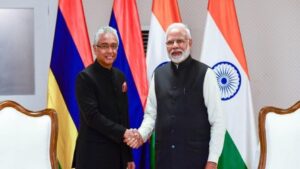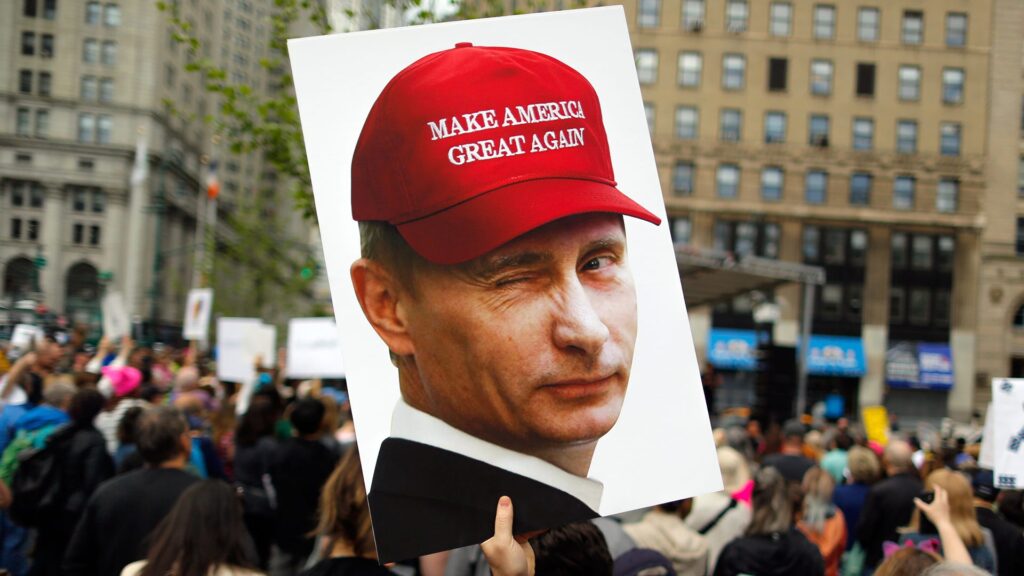![]()

The internet sniffing scandal in Mauritius, involving alleged data interception by an Indian tech team, has raised serious concerns about privacy, sovereignty, and diplomatic relations between Mauritius and India. According to reports, the Mauritius Prime Minister, Pravind Jugnauth, permitted the Indian team to install equipment for intercepting internet traffic, a move that has stirred unprecedented controversy on the island.
The intervention targeted a high-security facility protecting the SAFE internet cable, which connects Mauritius to the world. This action has led to accusations of “high treason” against Prime Minister Jugnauth, with opposition parties, civil rights activists, and lawyers demanding his immediate resignation. The controversy escalated when Sherry Singh, CEO of Mauritius Telecom, resigned, refusing to “compromise my values” and alleging that the intervention was illegal.
The scandal has not only strained the historic relationship between Mauritius and India but also raised geopolitical concerns, given Mauritius’ ties with China. The Chinese company Huawei, which has been deeply involved in Mauritius’s internet infrastructure since 2015, proposed the Mauritian Safe City Project, further complicating the situation.
Diplomatic missions in Mauritius have reportedly gone on high alert, with the US Embassy closely monitoring the situation to understand whether there was a violation of internet freedom. The incident has potential international ramifications, as it may have opened the door for sensitive information concerning other countries to be accessed.
This scandal underscores the delicate balance between national security and individual privacy, and the need for transparent and lawful conduct in intelligence activities. It also highlights the geopolitical tug-of-war in the Indian Ocean region, with Mauritius caught between the interests of major powers like India and China.



